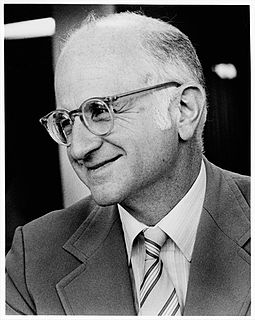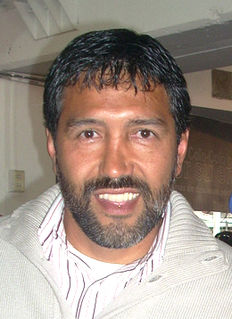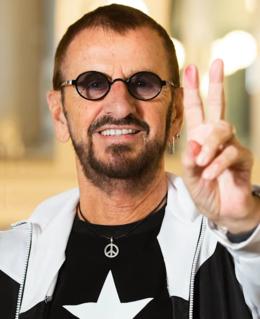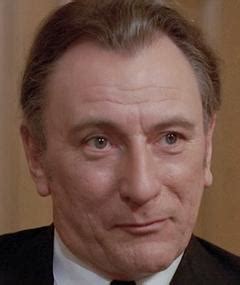A Quote by Perri Peltz
I really do think for the vast majority of cases, doctors didn't think they were doing anything wrong - they were doing what was being recommended at the time, and many times people were able to take these prescription opioids and not have a problem with it. But what we do know is that if we take these drugs long-term, dependency develops quickly, within as little as a week. What we all have to realize is that these pills are chemical cousins of heroin - one is an illegal opioid and one is legal, but they are relatives.
Related Quotes
We did decide that every addict in this film, Warning: This Drug May Kill You, would be someone who started out with a prescription for an opioid from a doctor. The story that hadn't been told is that the vast majority - somewhere around 80 percent - of current heroin users began with an addiction to prescription opioids. So as much as people might want to look at this and say, 'Oh this is really a heroin problem,' yes, it is a heroin problem, and no one is saying differently, but it starts more often than not with a prescription.
In 1999, Purdue Pharma the maker of OxyContin went on a massive marketing campaign. Back then, prescription opioids were only used in extreme cases - post surgery, end of life care, cancer pain. We use a clip from an ad in the film where they had a doctor saying, "Less than 1 percent of people who use prescription opioid long-term will become addicted" - that changed the mindset of physicians across the country.
Doctors are directly responsible for hooking millions of people on prescription drugs. They are also indirectly responsible for the plight of millions more who turn to illegal drugs because they were taught at an early age that drugs can cure anything - including psychological and emotional conditions - that ails them.
I want to make it clear, though, that I am not trying to say these are bad drugs. Opioid medications in the short term for severe pain are very effective. The problem is when they are used for long-term chronic pain. No one wants anyone to suffer and be in pain. But realize how addictive these drugs are and get off of them as quickly as you can. So 'Warning: This Drug May Kill You' is really more about educating people about these drugs so that everyone can make their own decision about their pain versus the addictive nature of these drugs.
I think our legal system needs to be developed. Cases of citizens who are detained and then have to wait much too long for a trial - that is scary, for everyone. When someone commits a crime he needs to be charged quickly. Why does this take so long in many cases? I don't know. Is it because our legal system is still rudimentary? China has promised to modernize its legal system. This has high priority.
I don't feel drugs should be illegal. I don't think people should take drugs every day, but I don't see any difference with people taking drugs like they drink. Take drugs on Saturday night and go to a party and have a good time and have somebody drive you home or whatever it is so you don't hurt anybody else, that's fine. But if you wake up Monday morning and take 'em again you're a drug addict. But, they should be legal.
This was the point of our lives when we found pills, uppers. That's the only way we could continue playing for so long. They were called Preludin, and you could buy them over the counter. We never thought we were doing anything wrong, but we'd get really wired and go on for days. So with beer and Preludin, that's how we survived.
The similarities between street drug abuse and psychotropic prescription drug use are disturbing. Both types are toxic. Both can cause psychosis, damage the brain and other organs, and even cause death. And neither type of mind-altering drugs, legal or illegal, treats disease. It's important to recognize that the only significant difference between many prescription psychotropic drugs and street drugs such as "speed" and "downers" is that prescription drugs are legal.
People were paid lots of money to make stupid decisions, people in big banks, and when people are paid to be stupid they'll be stupid. The question was, did they know they were being stupid or were they just stupid? I think you need to take it on a case by case basis. There was some sinister activity, but I think by and by it was people being incentivised to do the wrong thing.
I tried partying and going out, doing drugs and even dealing drugs to support my habit. I was hanging out with people from the underground who were doing illegal things all the time. I was experimenting with more and more drugs to the point where skateboarding was the last thing on my mind and my family was next to last.





























